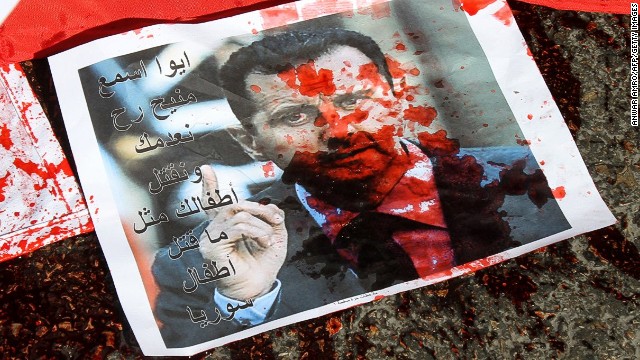On Wednesday the US State Department and Treasury Department released 39 targets for sanctions, including Assad and his wife Asma al-Assad, marking "the beginning of what will be a sustained campaign of economic and political pressure to deny the Assad regime revenue and support it uses to wage war and commit mass atrocities against the Syrian people," Secretary of State Mike Pompeo said in a statement. "We anticipate many more sanctions and we will not stop until Assad and his regime stop their needless, brutal war against the Syrian people and the Syrian government agrees to a political solution to the conflict as called for by UNSCR 2254," he said, referring to a UN Security Council Resolution calling for a ceasefire and political settlement in Syria. The first tranche of economic penalties come as part of the newly enforced Caesar Syria Civilian Protection Act, which is expected to trigger the most wide-reaching and aggressive economic penalties ever imposed on Syria, potentially targeting its energy, construction and banking sector. The bill was named after a former photographer for the Syrian military, codenamed Caesar, who leaked a trove of photographs showing dead and mutilated prisoners in Assad's jails. US Ambassador to the United Nations Kelly Craft told the Security Council on Tuesday the move was a bid to "prevent the Assad regime from securing a military victory, and to steer the regime and its allies back toward Special Envoy (Geir) Pedersen and the UN-led political process." China and Russia criticized the plan on Tuesday. China's UN Ambassador Zhang Jun called the sanctions "inhumane." Russia's UN Ambassador Vassily Nebenzia accused Washington of attempting to "overthrow the legitimate authorities of Syria," according to Reuters. The Caesar Act, a bipartisan Congress bill, has received broad support from Syria's diaspora community, many of whom were driven into exile by Assad's brutal oppression of largely peaceful protests that began in 2011. Assad has been repeatedly accused of war crimes and crimes against humanity in his military campaign to quash Syria's armed opposition. He is also widely believed to have been behind multiple chemical attacks in rebel-held areas. Assad's government has repeatedly denied the charges.
As the US rolls out new sanctions on Assad, Syria braces for economic devastation



